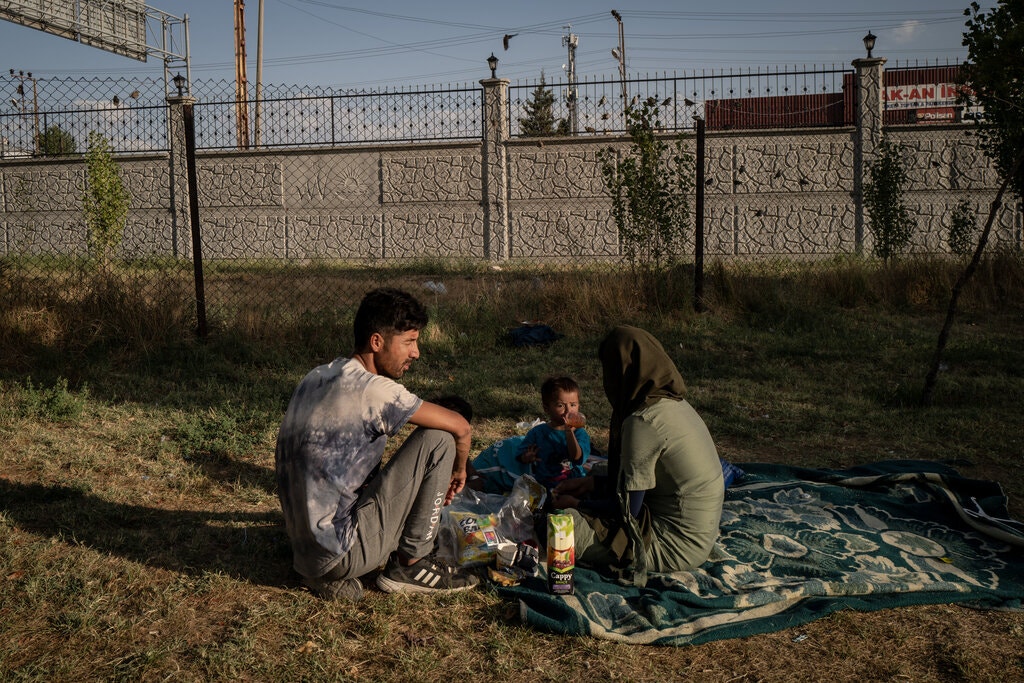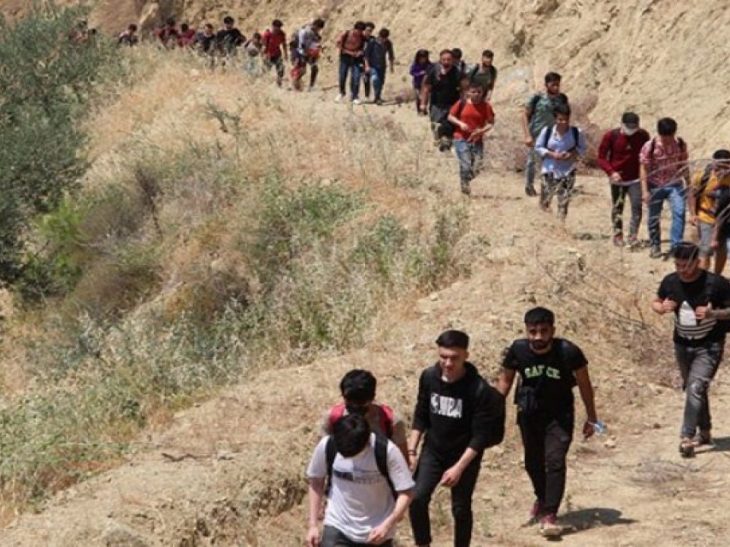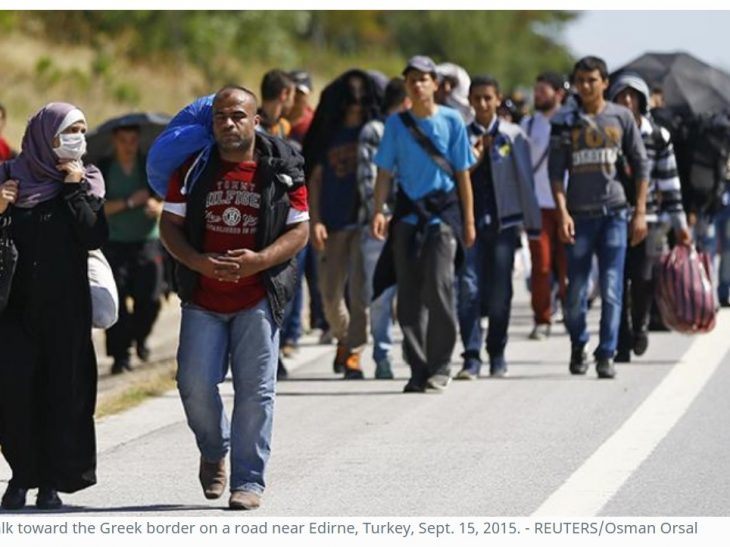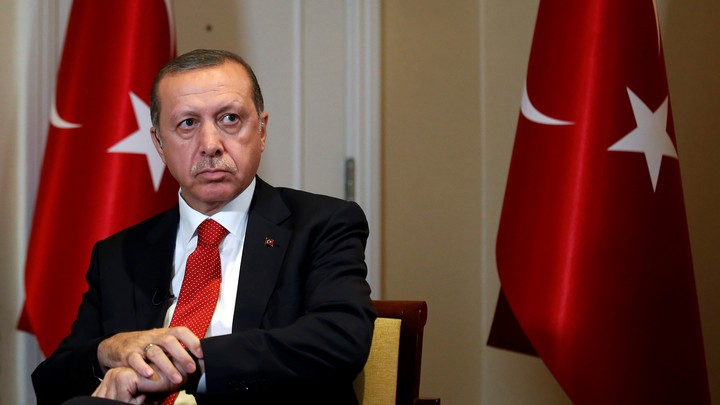NY Times: Afghan Refugees Find a Harsh and Unfriendly Border in Turkey
 23TURKEY-AFGHAN-REFUGEES1-jumbo
23TURKEY-AFGHAN-REFUGEES1-jumbo
In the days before the Taliban took Kabul, an Afghan woman was doubled over sobbing on a bench in a bus station in eastern Turkey, her children wailing at her feet.
Fourteen Turkish security and migration officials swooped down on her and other Afghan asylum seekers as our reporting team was interviewing them, part of an intensive crackdown by Turkey to apprehend Afghans crossing from Iran by the thousands and to prevent journalists from reporting on their plight. As her husband tried to gather their belongings, the woman clutched her stomach and retched. After prolonged questioning, they were escorted to a police vehicle.
“We came out of despair,” another Afghan, Gul Ahmad, 17, said. “We knew if the Taliban had taken over they would kill us — either in fighting or they would recruit us. So this was the better option for the family.”
Even before the past week’s harrowing scenes of Afghans thronging the Kabul airport to escape the Taliban, many thousands had been steadily fleeing their country over land, making their way some 1,400 miles across the length of Iran to the Turkish border. Their own desperate efforts to escape the Taliban have played out in quieter, though no less painful, tableaus at remote border crossings like the one in the eastern city of Van.
In recent months, as the NATO-led mission in Afghanistan was collapsing, 30,000 Afghans were leaving Afghanistan every week, not all but many across the Iranian border, according to the International Organization for Migration. They have moved to the top of the list of asylum seekers trying to make their way to Turkey, and then to Europe, supplanting Syrians as the largest group of new migrants arriving, even as overall migration numbers have dropped since the high of 2015.
Now that the Taliban are in power, there is every indication that those numbers will swell still further, as people have started selling property and talking about permanent exile.
Many Afghans interviewed in recent weeks said that they had crossed in large groups — sometimes hundreds strong — but that only a small number had succeeded in evading Turkish border guards. Thousands of Afghans were massed in the border region in Iran, they said.
As the globe’s recent violent upheavals have displaced millions, whether from Iraq, Syria or parts of Africa, the timing of the final chapter of the war in Afghanistan has left Afghans at the end of the line, and very likely with no recourse.
As in Europe, the public mood in Turkey has turned against immigrants and refugees, sometimes resulting in violence, such as knife fights and a recent attack on Syrians’ homes in the capital, Ankara. The scale of the pushback by Turkey has increased dramatically since last month, said Afghans, human rights monitors and even government officials.
For President Recep Tayyip Erdogan of Turkey, the burden of hosting so many refugees — 3.6 million Syrians and more than 300,000 Afghans, among others — has become a burning political issue, especially as the Turkish economy has worsened. He has made clear he has no intention of opening the door to more Afghans.
When photographs emerged on social media of columns of Afghan migrants walking through Iran toward Turkey in recent weeks, opposition politicians accused Mr. Erdogan of negotiating a deal with the European Union, as he had done for Syrian refugees, to host the growing number of Afghans who are arriving.
Mr. Erdogan has often used the migrant threat as leverage in negotiations with the European Union, while his police have long conducted ruthless operations to control the numbers of migrants and perceptions at home. But he has also railed against Western nations for expecting less developed countries to bear the migrant crisis.
“Europe, which has become a center of attraction for millions of people, cannot stay out of this problem by firmly closing its borders in order to protect the safety and prosperity of its citizens,” he said in a televised speech last week. “Turkey has no duty, responsibility or obligation to be Europe’s refugee depot.”
Mr. Erdogan warned Chancellor Angela Merkel of Germany by telephone Sunday that his country “will not be able to shoulder the additional burden” in the event of a fresh wave of migration from Afghanistan. Turkey, he reminded Ms. Merkel, “has already taken in five million refugees.” The rest of the article is here.





